A bid to give the highest level of international legal protection to all African elephants was defeated on Monday at a global wildlife summit.
The EU played a pivotal role in blocking the proposal, which was fought over by rival groups of African nations.
But the Convention on the International Trade in Endangered Species (Cites), meeting this week in Johannesburg, passed other new measures for elephants that conservationists say will add vital protection.
Botswana announced today that it supports the greatest possible protection for Africa’s beleaguered elephants. Photograph by Frans Lanting, National Geographic Creative
All 182 nations agreed for the first time that legal ivory markets within nations must be closed. Separately, a process that could allow one-off sales of ivory stockpiles was killed and tougher measures to deal with nations failing to control poached ivory were agreed.
More than 140,000 of Africa’s savannah elephants were killed for their ivory between 2007 and 2014, wiping out almost a third of their population, and one elephant is still being killed by poachers every 15 minutes on average. The price of ivory has soared threefold since 2009, leading conservationists to fear the survival of the species is at risk.
The acrimonious debate over elephant poaching has split African countries. Namibia, South Africa and Zimbabwe, which host about a third of all remaining elephants, have stable or increasing populations. They argue passionately that elephant numbers are also suffering from loss of habitat and killings by farmers and that they can only be protected by making money from ivory sales and trophy hunting.
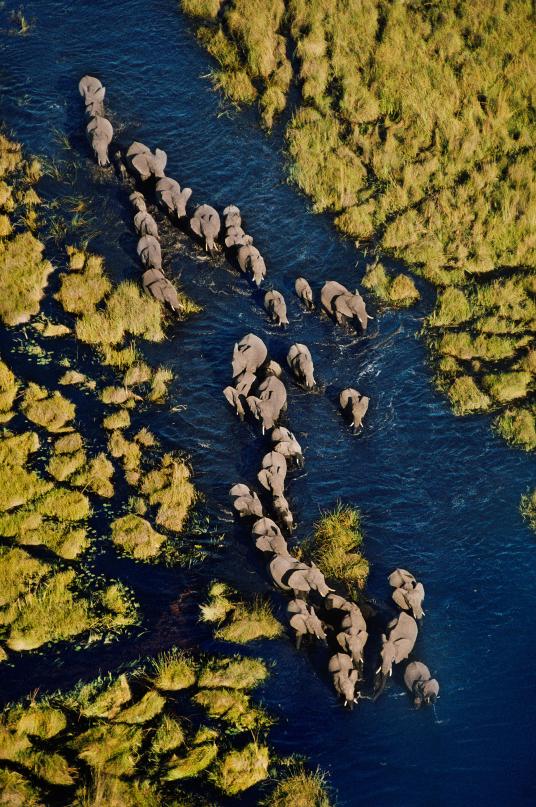
However, a group of 29 African nations, which host about 40% of all elephants and are led by Kenya and Benin, have smaller and plummeting populations and countered that poaching and the illegal trade in ivory is the greatest threat.
Most African elephants already have the highest level of international legal protection – a Cites “appendix 1” listing – which bans all trade. But the elephants in Namibia, South Africa, Zimbabwe and Botswana, are listed on “appendix 2”, a lower level of protection. On Monday a proposal to add the elephants in Namibia, South Africa, Zimbabwe and Botswana to appendix 1 was defeated.
Critics said the proposal would do little to protect elephants as all international trade is already banned, but proponents argued it was a crucial signal to poachers and criminals of a global crackdown on the illegal ivory trade. Botswana has the world’s largest elephant population, about a third of all elephants, and it is growing. But it broke ranks with Namibia, South Africa and Zimbabwe and argued vehemently for appendix 1 protection.
Tshekedi Khama, Botswana’s minister of environment, said: “There is concerning evidence that elephant poaching is moving south. The criminal networks that facilitate much of this trade are highly organised and fluid, operating over several regions in the continent. Therefore no population should be considered secure. Put simply, a threat to elephants anywhere is a threat to elephants everywhere.”
The Cote D’Ivoire delegate said it was absurd to have some elephants on appendix 1 and some on appendix 2: “An elephant that crosses a border may have protection on one side and not on the other. Elephants do not have passports.”
Lee White, the British-born director of Gabon’s national parks and Cites delegate, said poachers were now shooting on sight at his rangers. The upgrading of all elephants to the highest protection would have sent “a signal that we will come down as hard on poaching as we do on the trafficking of drugs, arms and people”.
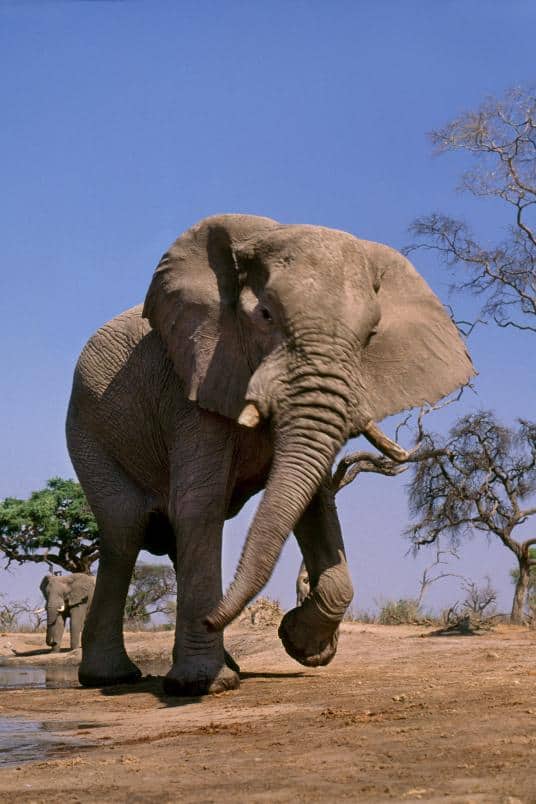
However, Namibia’s delegate threatened to withdraw entirely from Cites protections for elephants if the all populations were upgraded the highest levels. “It is completely fallacious that legal ivory trade covers illegal trade,” he said, a statement flatly rejected by other nations.
South Africa’s environment minister, Edna Molewa, said rural communities must benefit from elephants if they are to tolerate the damage caused to crops and the lives sometimes lost. “We dare not ignore their voices,” she said. “Trophy hunting is the best return on investment [in elephant protection] with the least impact.”
The EU, which with 28 votes is a powerful force at Cites, also opposed the upgrade to appendix 1. It said that Cites rules meant the highest level protection is reserved for populations that are in steep decline, and that this did not apply to the elephants in Namibia, South Africa, Zimbabwe and Botswana.
Some scientific and conservation groups agreed with this, including WWF, Traffic and the Zoological Society of London, arguing the integrity of the Cites was at risk.
The EU delegate to Cites said: “The proposal does not meet the biological criteria. [But] this does not mean in any way we are not concerned about the decline of elephants across the continent.” Several nations said cutting the demand for ivory, through education, and better enforcement against poachers were key.
The issue was forced to a vote and was defeated, leaving the southern African elephants on appendix 2. Earlier on Monday, Namibia and Zimbabwe had attempted to legalise the trade in ivory from those countries.
Namibia said its elephant population had doubled to 20,000 in the last 15 years. Charles Jonga, from the Campfire Programme, a rural development group in Zimbabwe, told the Cites summit: “The people in my community say: ‘These elephants they eat our crops, they damage our houses, what benefit do we get?’ If they get benefits, they will protect and not poach.”
But Patrick Omondi, Kenya’s delegate, said: “Poaching levels and trafficking in ivory are at their highest peak. History has shown the ivory trade cannot be controlled. We are reaching a tipping point and need to give elephants time to recover.”
Both Namibia’s and Zimbabwe’s proposals, supported by Japan but opposed by the EU and US, were soundly defeated. Observers believe Namibia, Zimbabwe and South Africa did not expect to unpick the ban on the ivory trade at this summit, but wanted to keep the debate open, in the hope of future success. Another proposal, from Swaziland, to legalise the trade in its rhino horn was heavily defeated.
Many conservation groups wanted all elephants to get the highest protection, but Tom Milliken, an elephant expert from wildlife trade monitoring group Traffic, said: “Where elephants fall on the Cites appendices is inconsequential to their survival. All the paper protection in the world is not going to compensate for poor law enforcement, rampant corruption and ineffective management.”
He said the real success of the summit were measures to crack down on countries failing to halt illegal trade.
But Kelvin Alie, at the International Fund for Animal Welfare, said the failure to put all elephants on appendix one was a disaster: “This is a tragedy for elephants. At a time when we are seeing such a dramatic increase in the slaughter of elephants for ivory, now was the time for the global community to step up and say no more.”
This article was first published by The Guardian on 03 Oct 2016.
We invite you to share your opinion whether all countries worldwide should ban the trade in elephant ivory? Please vote and leave your comments at the bottom of this page:
Thank you for voting.
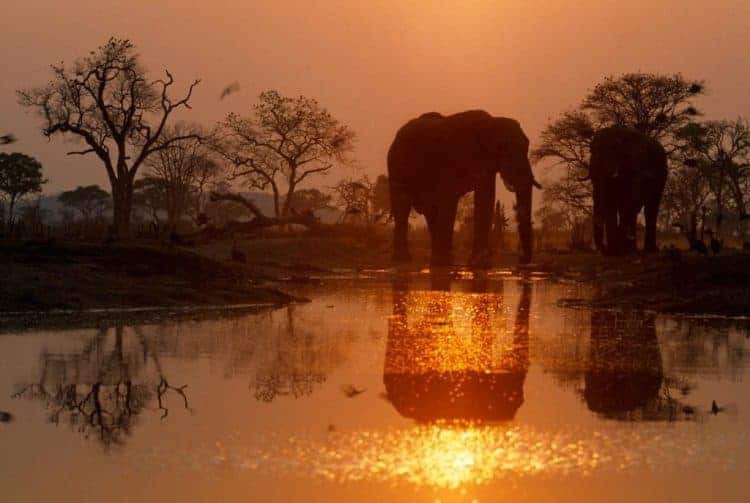

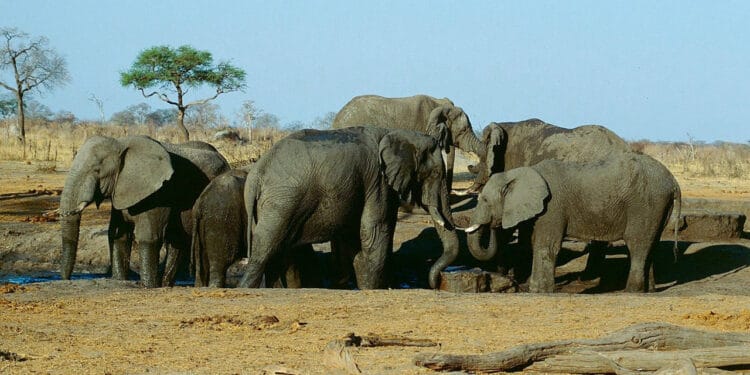
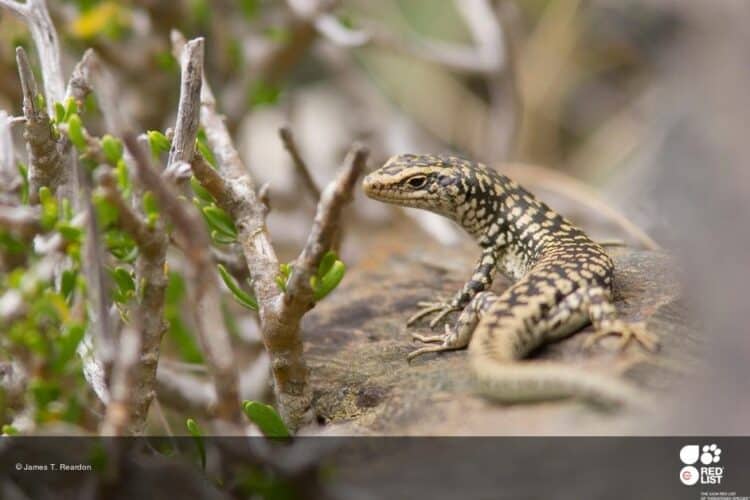
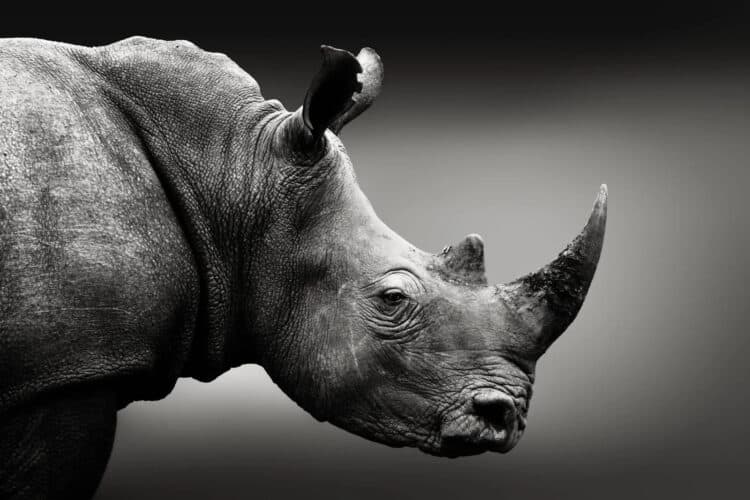
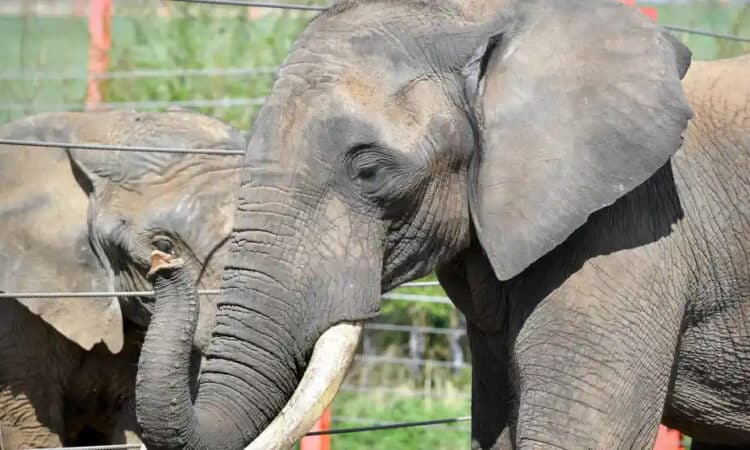

Leave a Reply